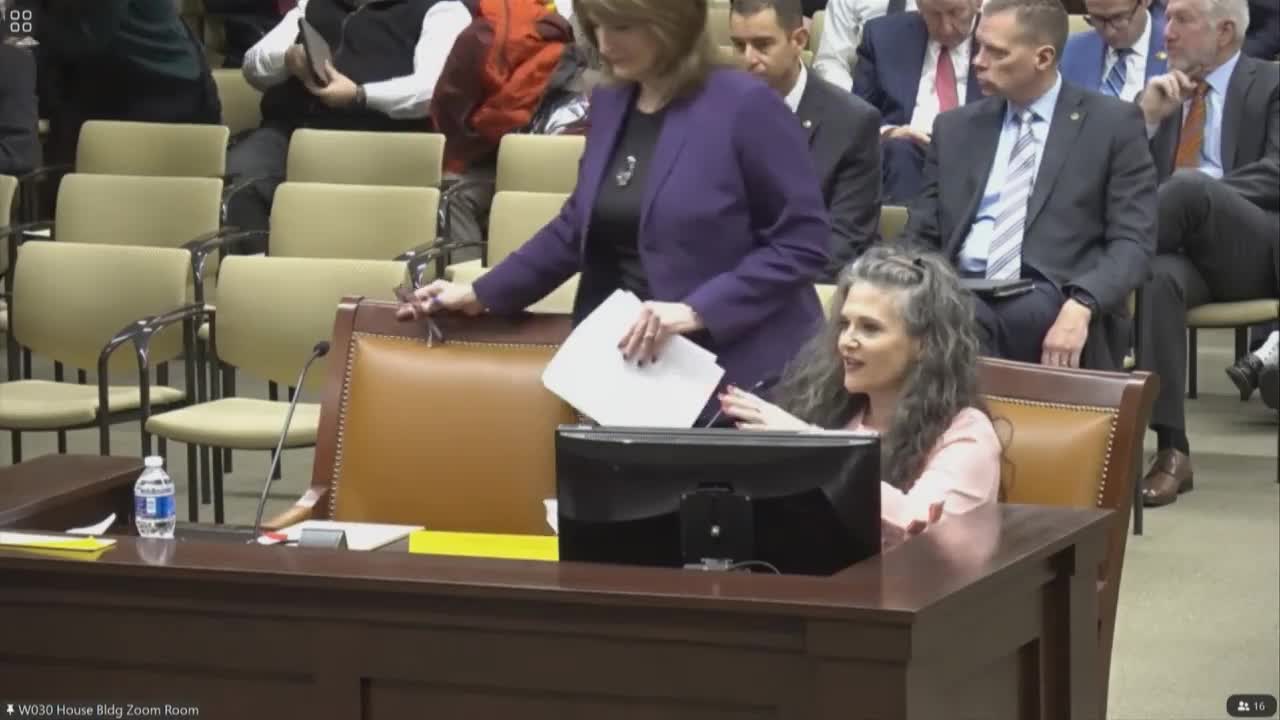Committee advances SB81 to criminalize sexual relationships between care providers and vulnerable adults; advocates urge tracking, disability groups urge limits
Get AI-powered insights, summaries, and transcripts
Subscribe
Summary
Senators advanced SB81 after extensive testimony. Supporters described cases of caretakers exploiting residents and argued the bill establishes a tracking mechanism for unlicensed caregivers; disability advocates urged narrower definitions to avoid criminalizing consensual relationships by adults with disabilities.
Senator Plumb presented SB81, a measure that would prohibit intimate sexual activity between care providers and residents in care settings when a power imbalance creates an inappropriate relationship. The sponsor and supporters said the bill is intended to protect vulnerable adults from exploitation and to create a reporting/tracking mechanism for unlicensed caregivers who currently can move between facilities.
Caitlin Wooten of the attorney general's office said the proposal is intended to address the power dynamic intrinsic to caregiving settings and noted carve-outs for preexisting relationships, marriage, or cohabitation. She described examples used by prosecutors and said stakeholders including Adult Protective Services, the Office of Public Guardian and ombudsmen had worked on the draft.
Detective Alexandra Clayton of the Unified Police Department's Special Victims Unit and others described recent cases in which investigators were unable to charge caregivers because existing consent statutes did not specifically define vulnerable adults in a way that covered these circumstances. Clayton said in some recent investigations the caregiver, after being removed, expressed intent to seek similar work elsewhere.
The bill prompted pushback from the Disability Law Center (DLC). Andrew Riggle of the DLC said the bill risks stigmatizing adults with disabilities who can meaningfully consent and argued the statutory definition of "vulnerable adult" used in the draft could cast too wide a net. The DLC urged licensing unregulated caregiver categories instead of a criminal statute.
Senator Plumb and the attorney general's office said they had worked with stakeholders for many months to find compromise language and that the bill includes carve-outs for preexisting relationships and other protections. The committee considered a substitute motion to hold the bill, which failed on a recorded vote. The committee ultimately moved SB81 out favorably; the final floor report shows the bill passed the committee by recorded vote and advanced for further consideration.
Ending: The committee advanced the measure; supporters say it fills a statutory gap, while disability advocates asked the Legislature to limit unintended consequences and monitor outcomes and data.
